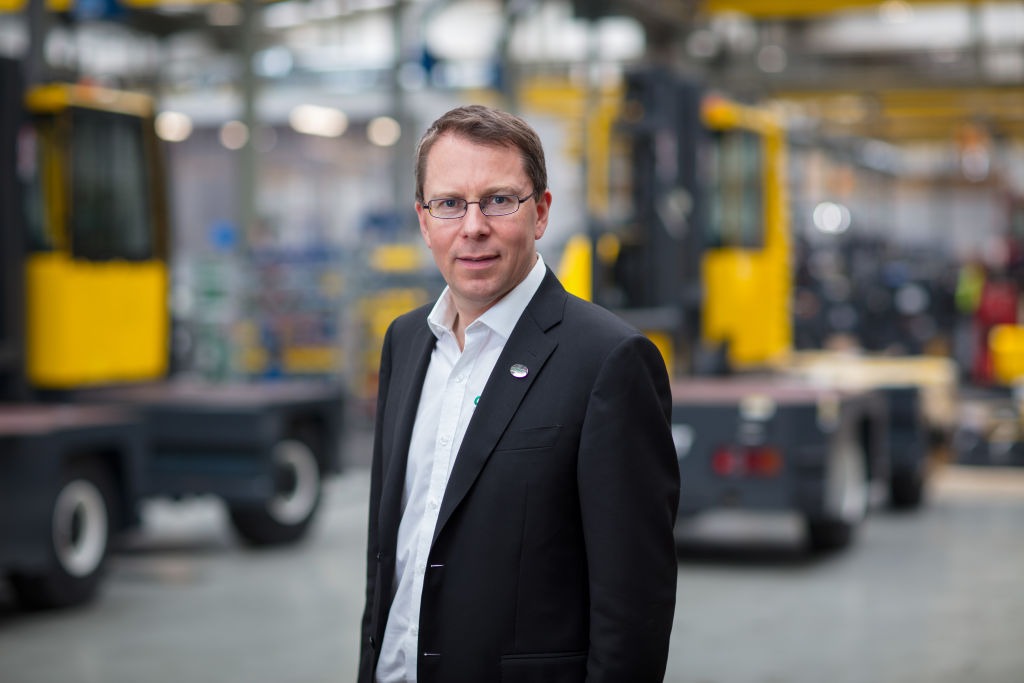Sitting in a converted chicken processing plant on the outskirts of Monaghan town, Martin McVicar is preparing for a meeting he hoped he would never have to take. And, unfortunately for McVicar, it is the first of 43 such meetings. It is March 2009, and the true scale of the global financial crisis is beginning to crystalise. Governments, banks, and businesses are all straining to weather the gathering economic storm, and McVicar’s business is far from immune. A forklift manufacturer, Combilift had been heavily reliant on the construction industry – both domestic and international. With this sector decimated by the…
Cancel at any time. Are you already a member? Log in here.
Want to continue reading?
Introductory offer: Sign up today and pay €200 for an annual membership, a saving of €50.

